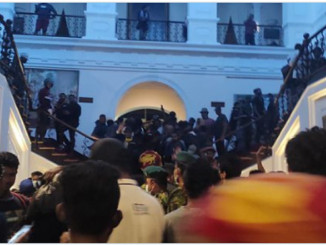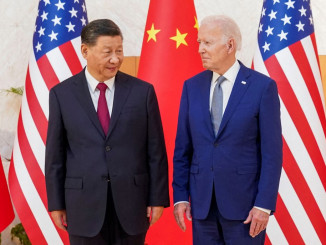
Brazil’s Supreme Court has sentenced Jair Bolsonaro to 27 years in prison for plotting a coup after losing the 2022 presidential election to Lula da Silva. The trial confirmed what was already obvious: Bolsonaro was the leader of a criminal organization that tried to sabotage Brazil’s democratic institutions. His supporters stormed government buildings in January 2023, echoing the January 6, 2021 attack in Washington.
Bolsonaro’s conviction may close a chapter, but it does not erase his legacy. Like Trump, he built a movement rooted in nationalism, attacks on minorities, workers, and the environment. These ideas remain alive in Brazil and across the global far right. Trump rushed to Bolsonaro’s defense, denouncing the trial as a “witch hunt” and retaliating with tariffs and sanctions. Washington’s threats and actions once again show how the U.S. uses its economic power to protect its allies and punish countries that step out of line.
For many Brazilians, Lula’s election brought relief after Bolsonaro’s reactionary rule. But Lula and his Workers’ Party do not offer a way out of the crisis of Brazilian capitalism. They defend the same economic order that keeps millions in poverty, dependent on global markets, and vulnerable to imperialist pressure. Lula may be to some the “lesser evil,” but if politics remain trapped between the far right and reformism, the conditions that created Bolsonaro will persist.
Brazil today shows both the danger and the opportunity. The far right can be defeated. But unless workers build their own independent power, new Bolsonaros will continue to rise.




